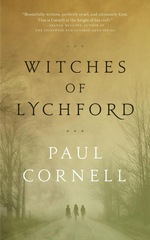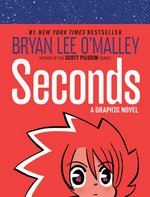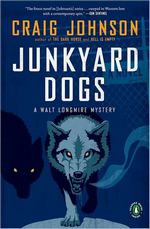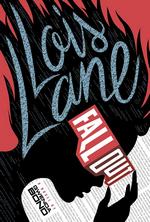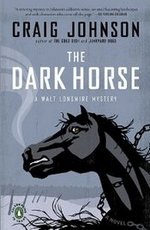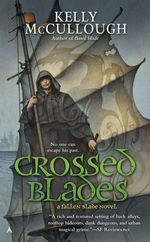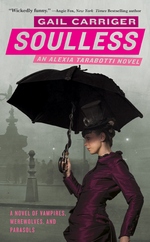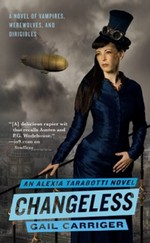 Changeless
Changeless
by Gail Carriger
Series: The Parasol Protectorate, #2
Mass Market Paperback, 374 pg.
Orbit, 2010
Read: September 16 – 17, 2015
 I had two options to start this post with:
I had two options to start this post with:
Ivy waved the wet handkerchief, as much as to say, words cannot possibly articulate my profound distress. Then, because Ivy never settled for meaningful gestures when verbal embellishments could compound the effect, she said, “Words cannot possibly articulate my profound distress.”
or
“I did so want to see the Highlands,” said Miss Hisselpenny. As though there would be some sort of line, drawn on the ground, that indicated transition from one part of Scotland to the next. Miss Hisselpenny had already commented that Scotland looked a lot like England, in a tone of voice that suggested this a grave error on the landscape’s part.
As long as Carriger gives me a paragraph or two like that every dozen pages or so, I’m in. She’s just so fun to read. Even when not picking on poor Ivy Hisselpenny.
Almost every review I’ve read for this book has included/started with this warning, and I might as well follow along — DO NOT read anything, including the back cover copy, about the third volume in this series — Blameless — until you’ve read the last page of this book. Even if you’ve not read any of the first book, and are just considering the series. Don’t. Just don’t.
That public service out of the way, let’s focus on this one: Alexia and Conall have been married for a few months now, and things are going pretty well, settling into a pattern, if nothing else. Then a couple of unusual things happen — a good number of werewolf regiments are recalled from India to have a short leave before being redeployed to Africa. Around the same time, a good number of the supernatural set in London is suddenly, briefly, and inexplicably normal.
Naturally, this gets the attention of Queen Victoria and her soulless advisor — as well as Alexia’s werewolf husband and his agency, her vampire friend and his entourage — and well, pretty much everyone. How did this happen? What made it stop? Some want to be able to duplicate the effect and make it widespread and permanent. Others want to make sure it never happens again.
The investigation takes Alexia, her annoying sister, her flighty friend Miss Hisselpenny, and a new French acquaintance (with a reckless proclivity for wearing pants of all things) to Scotland. Where the run into Conall on a similar mission. Seeing Conall in his native land guarantees that we get a good chunk of his backstory, what led him to London and to a new pack. Surprisingly enough, Alexia learns more about her father than she ever expected to on this trip, too.
Honestly, the solution to the central problem of the novel was pretty easy and obvious — but the explanation of it was pretty out of left field (but makes so much sense). This is clearly not one of those books that you read for the head-scratching mystery, but for the delightful way that the narrative gets you to the solution.
The steampunk element is much stronger in this book (to my recollection, anyway) and the mix of Steampunk and Urban Fantasy elements is just great — I could read these by the handful. Speaking of the UF, authors like Patricia Briggs and Carrie Vaughn have tried to explain just how traumatic the change from human to werewolf can be, I’m not sure they’ve ever been as effective as Carriger was here (while being perfectly charming):
The change comprised a good deal of biological rearranging. This, like rearranging ones parlor furniture for a party, involve the transition from tidy to very messy to tidy once more. And, as with any redecoration, there was a moment in the middle where it seemed impossible that everything could possibly go back together harmoniously. In the case of werewolves, this moment involved hair retreating to become fur, bones fracturing and mending into new configurations, and flesh and muscles sliding about on top of or underneath the two.
The ending was a bit too soap opera-y for my tastes. The explanation for __________ is pretty self-evident, especially given the central question that these people had spent the last 350 pages or so dealing with. But I get that it fits in with some of the genres that Carriger is drawing from, and if she hadn’t done something like that, it’d have been easier for things to get duller or predictable. So I can put up with all the sands through the hour-glass and whatnot.
An okay story, told in a charmingly witty manner, with characters that are just fun to read. Sure, they obsess a bit too much over hats, fashion, and the rest, but okay. As I said, I’m not crazy about the way that it ended, but it definitely gives the series some place to go from here that’s not just a repeat of the last books. Changeless is a fun way to spend some time, which is one of the best reasons to pick up a book. Recommended.
—–




